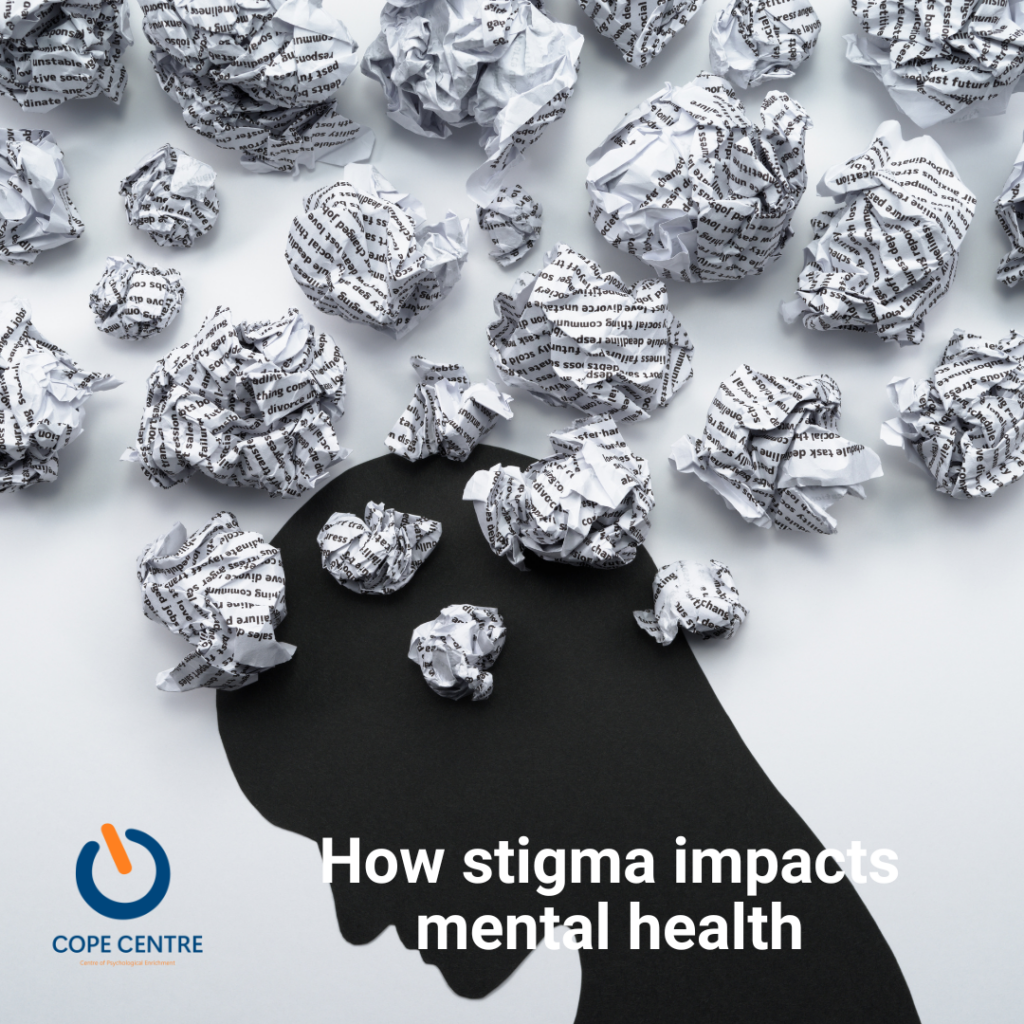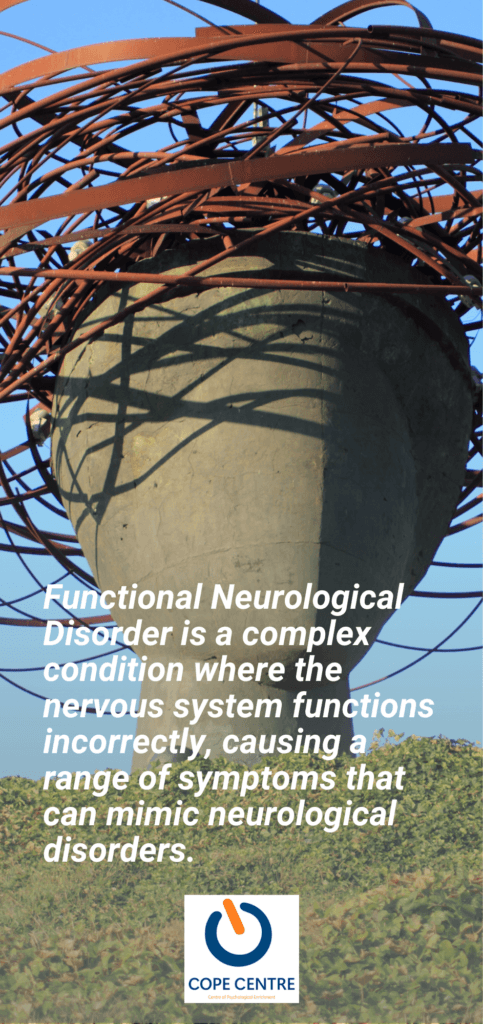Mental health issues are very common in our modern-day society. Yet, many people are struggling to open up about their challenges and seek professional mental health support.
One reason for this is the experience of toxic feelings such as guilt, shame, criticism, and self-blame for their symptoms. Other reasons are cultural and social beliefs and norms. Many sufferers may get harshly labelled and discriminated against by their environment.
This is the brutal reality of mental health stigma!
How stigma impacts mental health
Mental health stigma can foster a vicious cycle of shame and self-criticism in individuals. Their mental health conditions are unintentional and uncontrollable. Consequently, they are forced into enduring their mental health challenges silently. Unrealistic cultural expectations, stereotypical beliefs, toxic masculinity, and traditional taboos impact a lot of people.
These external influences can result in traumatisation, rejection and harsh discrimination. It even leads to mistreatment by families, societies, and peer groups. Additionally, the fear of social condemnation and devaluation by family members, spouses, colleagues and community groups can increase the barriers to seeking support.


Why do individuals develop mental conditions?
Reasons can be genetic or biological. Another important point is the environmental factor. This includes childhood trauma, previous life experiences, difficult relationships, immigration, or work stress.
Regardless of the roots and sources, mental health illnesses are similar to any other health issue. That’s why it is critical to treat them carefully, professionally, and with compassion. Still, many families, societies, and cultures discriminate against individuals for their conditions and overlook the importance of adequate support.
Stigma can result in discrimination. Therefore individuals may suffer under it and experience:
Being rejected and excluded
Denied healthcare, fair treatment education, healthy relationships, and close friendships or employment
Mental, emotional, and physical abuse.
Stigmatisation can also enhance and worsen other underlying and pre-existing mental health conditions. The results might be depression, anxiety, or public embarrassment. Preventing stigma and educating the public about its devastating effects is crucial. Doing so will make all communities and community members safer and healthier.
How to reduce and overcome stigma
Know and believe that is not your fault
Mental health illness is not a sign of weakness or someone’s fault. You should refrain from blaming or labelling yourself for that. Instead, talk openly about your mental health struggles and their symptoms with a mental health practitioner. This will assist you on your path to recovery or management as well as coping with stigma.
Mental health education and understanding
Educate yourself about different symptoms and diagnoses from reliable resources as this is an effective way to look after yourself. Also, inform others close to you about the conditions you are experiencing. Further, ask them to support you in receiving proper treatments and care.
Be kind to yourself
Be gentle and patient with yourself in your mental health journey. Act as if you are your own best friend without criticism and with care and self-compassion. Be mindful of the words and phrases you use to define your condition and try to reframe them to a positive and caring description. Moreover, remember that you are not alone. There are many others in similar situations dealing with different mental health illnesses
Empower yourself, not isolate
One of the most significant side effects of stigma is self-doubt and social isolation. It can be extremely challenging to encourage and motivate yourself to connect and interact with others. This is especially true when dealing with the fear of stigmatisation and rejection. However, reaching out to a caring friend or supportive community can slowly reduce those fears. It will build up your confidence and strength. Isolation and cutting off interests and activities you take pleasure in will increase the likelihood of developing depression and burnout.
Understand and commit to your treatment
Seek support from a therapist and commit yourself to the treatment process. As a result, you will get the courage to fight and face the potential stigma as you are on a right and safe journey. You will be able to recognise your illness and take action by receiving professional help. Thus overcoming and managing your condition.
At COPE, we offer a safe space and offer you professional treatment. Contact us now to make a booking.

Don’t forget the adverse effects of self-stigma
Generally, self-stigma refers to negative feelings and thoughts about yourself. As a consequence, you might get emotions such as shame, guilt, hopelessness, and unworthiness.
We sometimes can be our own biggest enemy. Self-stigma can affect your ability to seek therapy for your condition or to take great care of yourself with compassion. Try and actively shift your perceptions about yourself by identifying those thoughts and investigating their reasons. Then you can replace them with more positive and constructive ones.